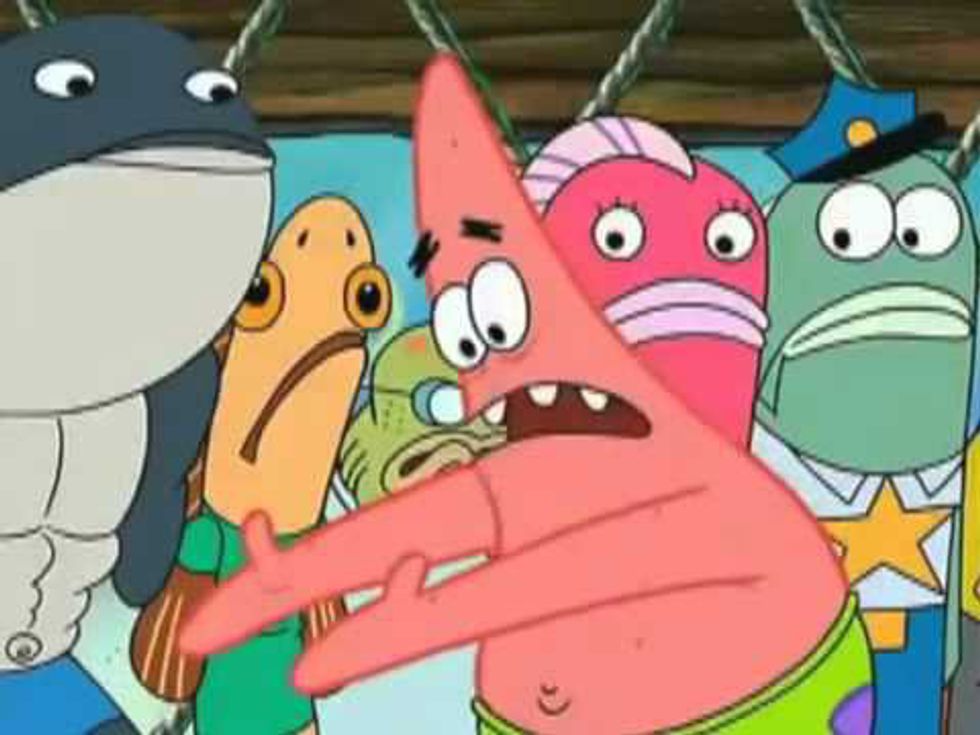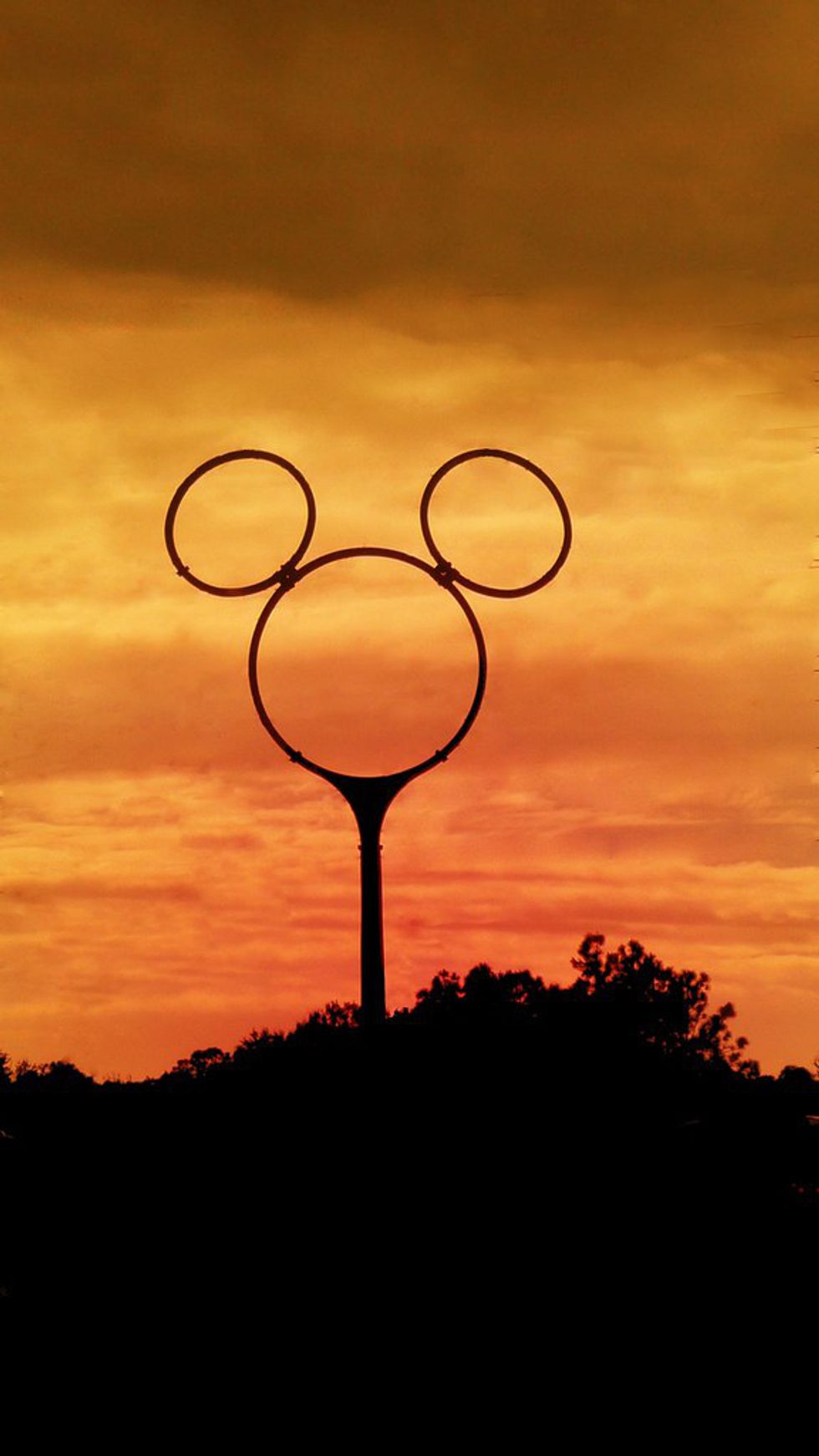“Not to be pessimistic, but we’re losing an hour tonight,” said my mom with a laugh as we watched Downton Abbey after dinner. That’s right, I thought, the most baffling part of the spring. Daylight Savings time. We had plans to go to Disney the next day, but overnight, 2AM would become 3AM and we’d get an hour less of sleep. It would also get lighter later in the day, making it harder to stay energized in the morning. I had to know: Why Daylight Savings?
As you probably know, Daylight Saving is really just “Daylight Moving.” When we “spring ahead” to prepare for the summer months, we’re moving that extra hour from the morning to the evening and then using it for barbecues, beach trips, and evening walks that run through dinnertime. That's why, in many parts of the world, it's called "Summer Time" rather than Daylight Savings. We know there are drawbacks: The disorientation the day of the time change, the existence of parts of the country that don’t participate in Daylight Saving, the still-darkness when you get up before 8AM for class, and the like. There are pros and cons to the whole thing, and which ones you experience depend on whether or not your state decides to "save daylight." Currently, states like Hawaii and Arizona do not.
The idea for Daylight Saving came from Benjamin Franklin, and was further emphasized by a British builder, William Willett. At the time, the idea was that nobody woke up in the morning early enough to use all the daylight anyway, so why not, in the words of Patrick Star, take that extra hour and push it somewhere else, where it can be useful for farming and other outdoor activities?
This is probably the most solid logic to come out of the whole ordeal. It's true, humans don't generally like to wake up early. As Willett observed in the early 1900s, people have their blinds closed for the bulk of morning daylight in the absence of Daylight Saving. There's no point in wasting it, which I agree with. Having more sunlight during awake hours also saves about 1% of daily electricity use, which is awesome for environmental efforts. Still, adjusting to the time change can be more than a pain. There are more car accidents in the mornings due to the darkness, and sleep schedules are rather shaken. Most states in the U.S. as well as places in the Middle East and Europe feel that the pros outweigh the cons.
As a student, it's hard to decide whether I would appreciate the halt of Daylight Saving. As confused as I am by the near-darkness on a stroll to an 8AM class, when it comes down to it, I need the extra hour of daylight for my mental health. It allows me to sleep in more without worrying that the day will soon be practically over. Being the Disney geek that I am, I also like that the sunlight allows me to get the most out of my summertime visits. What I propose is the same that William Willett first proposed: We make the time change more gradual. Let's split it up into 20 minutes and do it once a month in January, February, and March. That way, we can enjoy additional sunlight throughout the summer without the shock to our circadian rhythms.
























